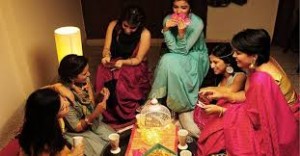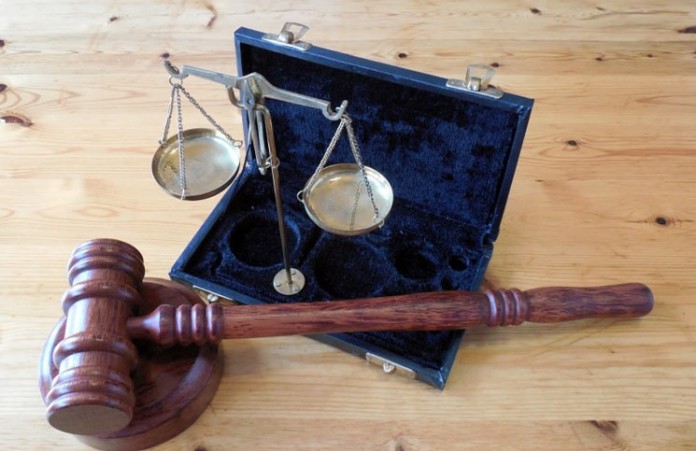In this guest post, Shri. Bharat Chugh, a Civil Judge in New Delhi, provides an overview of the Delhi Public Gambling Act of 1955.
Is your Diwali card party illegal? A look into the law of gambling in Delhi. Festive gambling at Diwali is almost ubiquitous, but what does the law say in this regard.
The relevant law is ‘The Delhi Public Gambling Act, 1955’. A look into the act reveals that the following acts are made criminal:-
owning or keeping or having charge of a ‘common gaming house’ (Section 3 of the Act);
being found in such a house (it is important to be noted that if one is found in a common gaming house during a game, one is presumed to be there for the purpose of gaming, and the responsibility to prove otherwise is on that person) (Section 4 of the Act);
It is clear that what is punishable is owning/managing or being found in what can be called ‘a common gaming house’. The definition of a common gaming house, therefore, becomes important.
A common gaming house is defined in Section 2(1) (iii) of the Act. A reading of the provision makes it apparent: that a place can be called a ‘common gaming house’ only when there is a profit, charge or a fee payable to the owner/keeper of the house for that activity. Therefore, your occasional neighbourhood festive card party, as long as it does not involve a mandatory charge/fee/profit to the owner of the house from the games, is not illegal. 
However, if the gaming/gambling is turned into a routine commercial activity, where a fee is charged for entry or otherwise, or where gambling is done on the happening of specific natural events; in such situations, not only the owner/holder of the house, but also all those who are present during the games (and who are not able to prove their non-involvement!) are liable to be prosecuted and may face sentences up to six and three months, respectively, along with a fine up to rupees one thousand.
Legally speaking, even in such cases (where the gaming activity is conducted commercially), it may be argued that a particular game being played, cannot really be termed a wager, or a game of pure chance or luck, but one that involves a substantial amount of skill. In a particular situation, what constitutes ‘skill’ and what can be termed ‘pure chance’ is too circumstantial (or game-specific) to be put into a straitjacket. There are a couple of judicial decisions on this point, but more on that in a different write-up.
 Serato DJ Crack 2025Serato DJ PRO Crack
Serato DJ Crack 2025Serato DJ PRO Crack








 Allow notifications
Allow notifications


